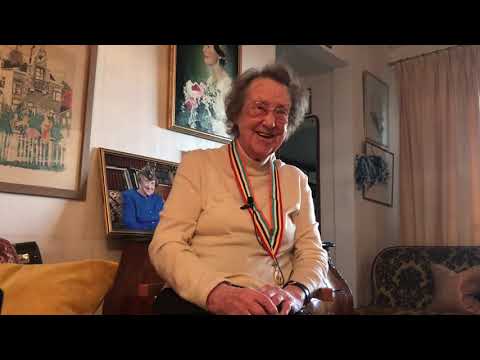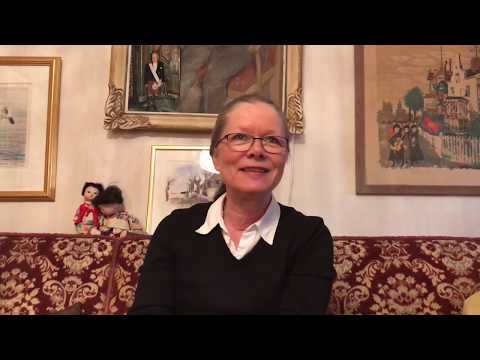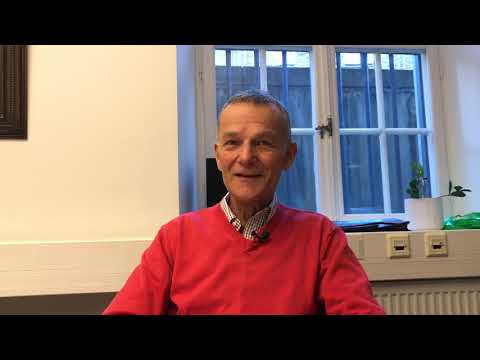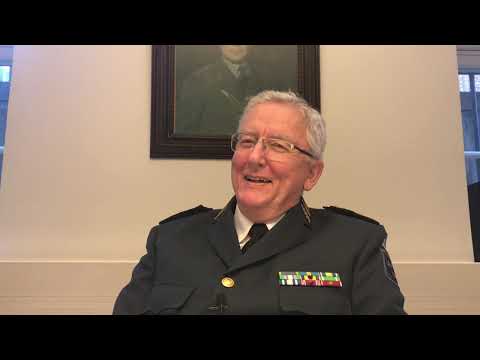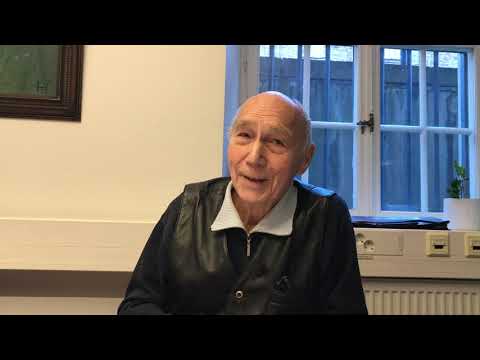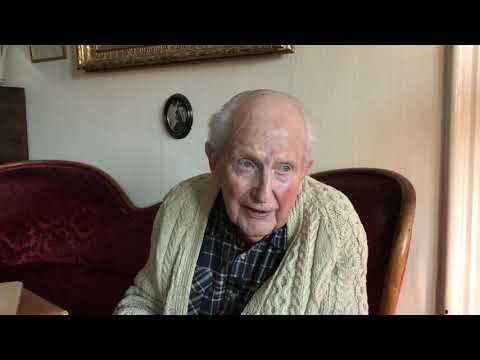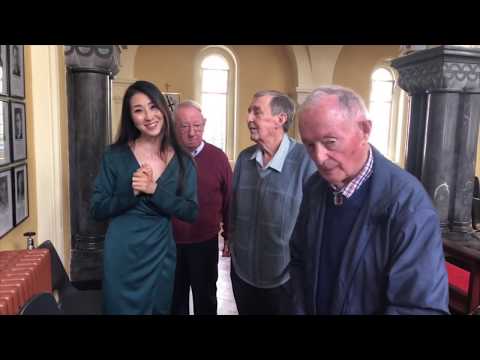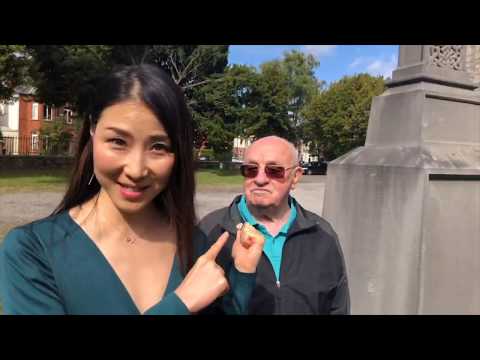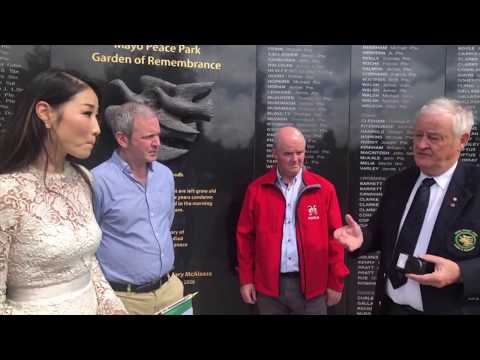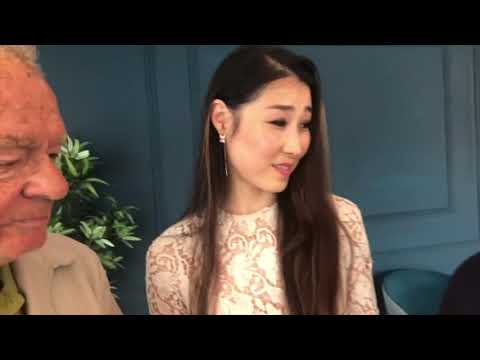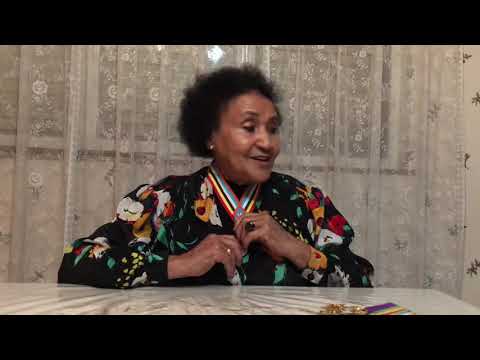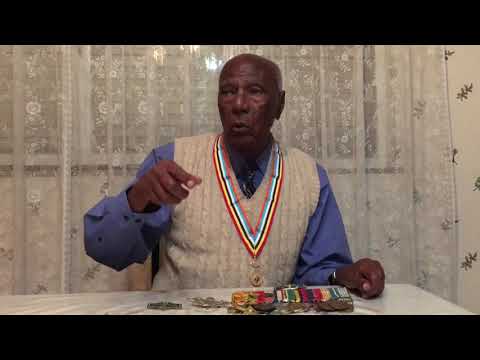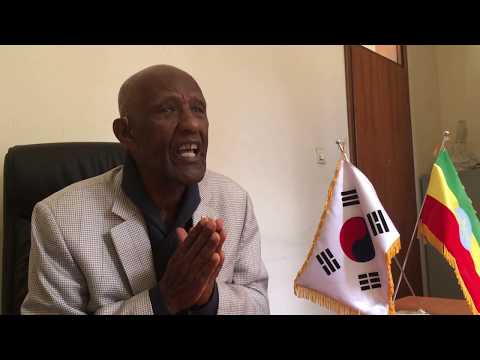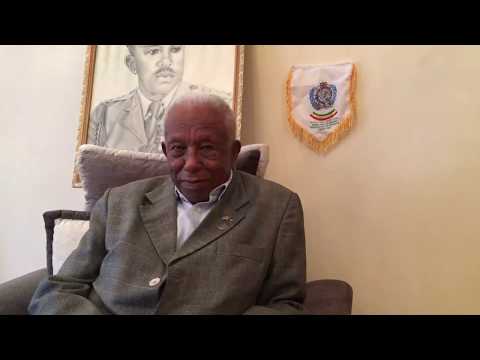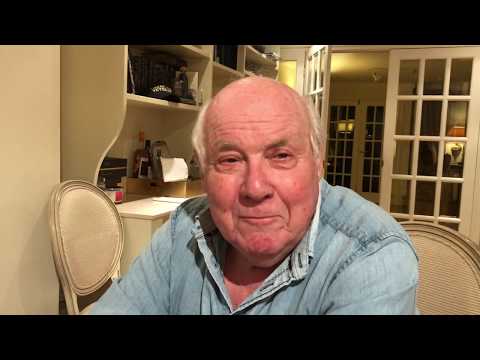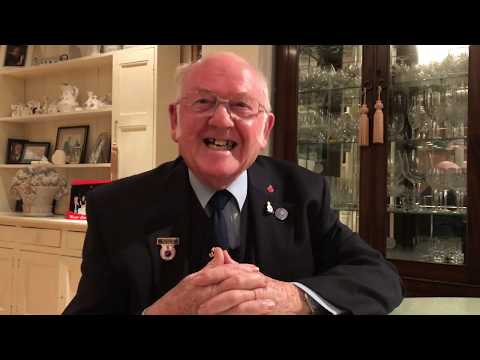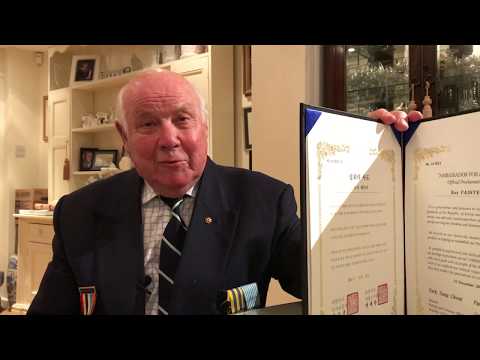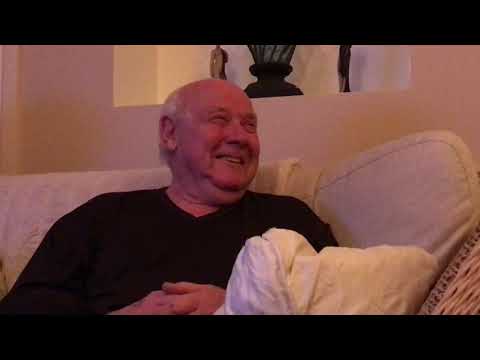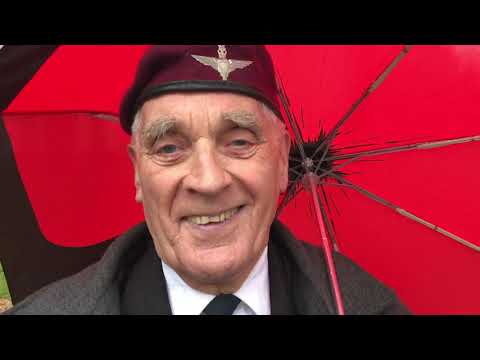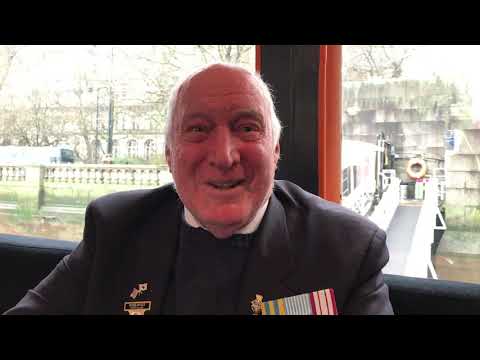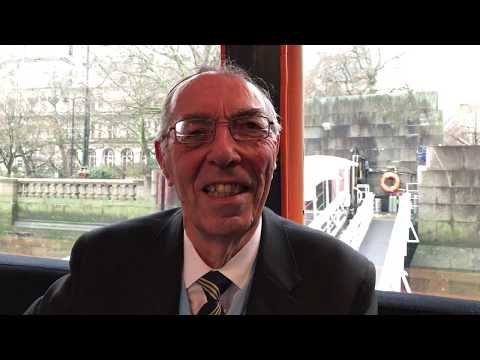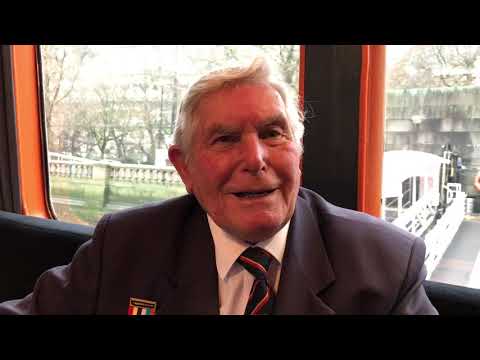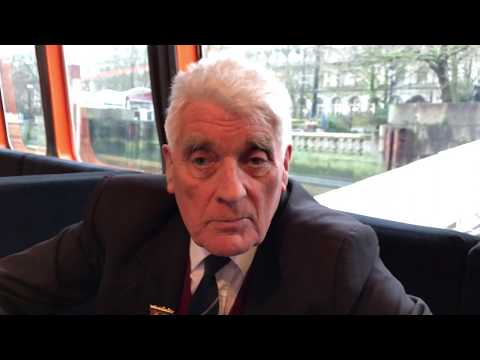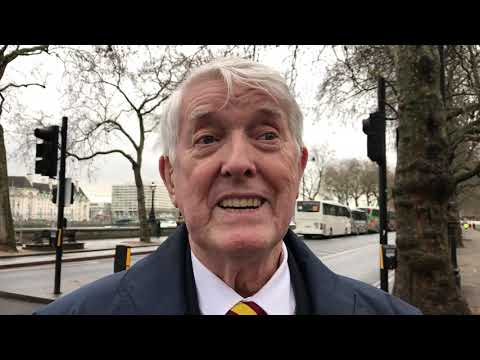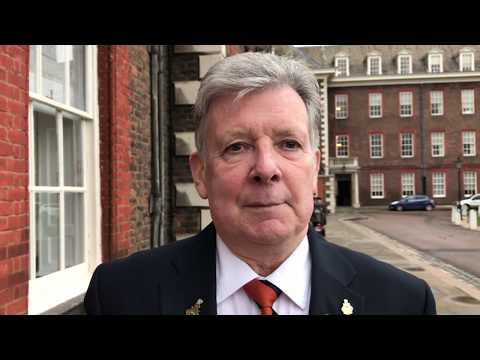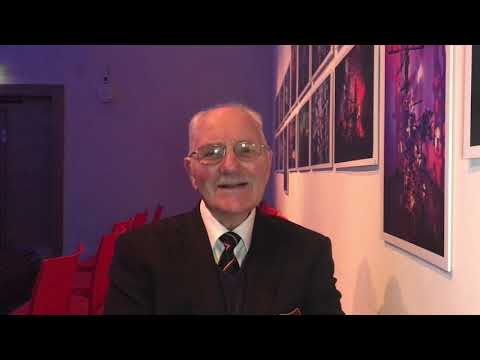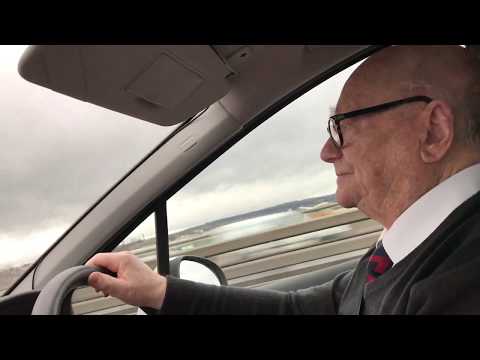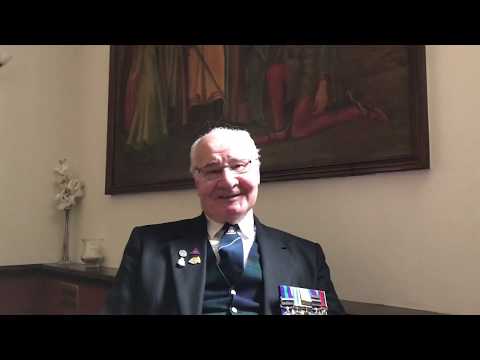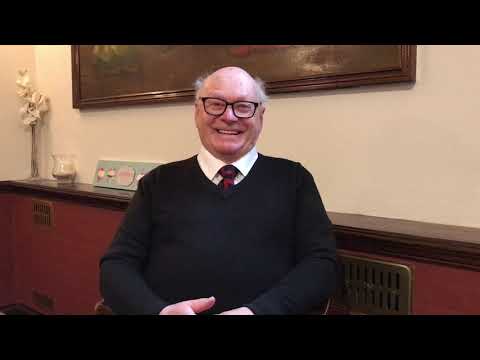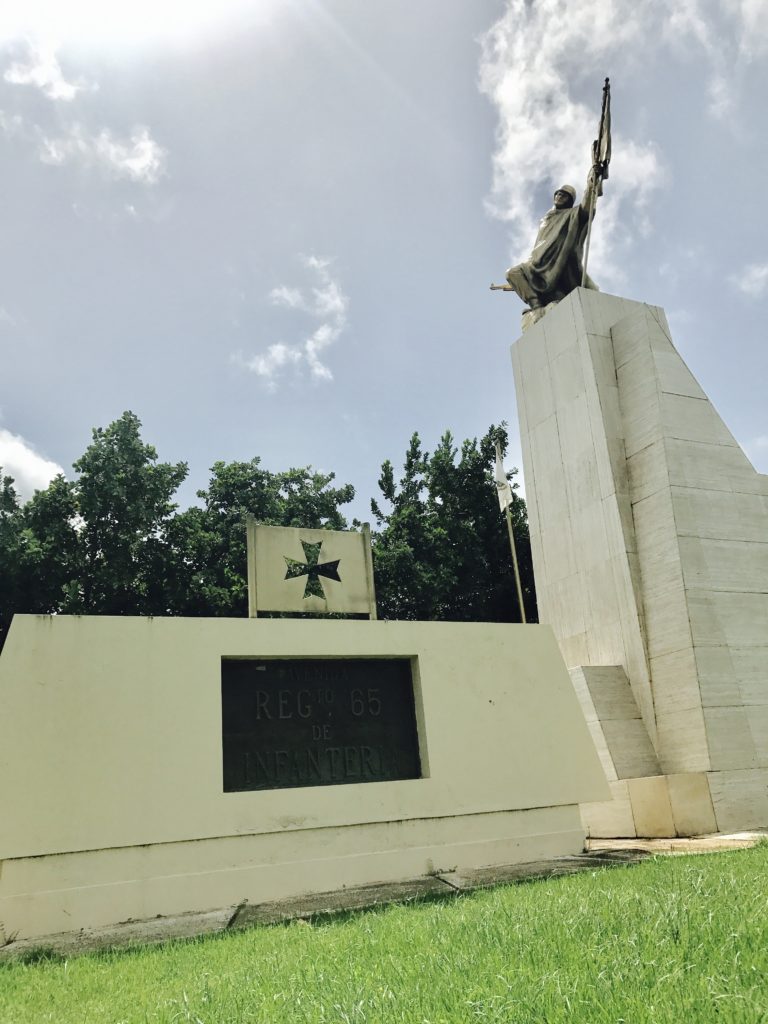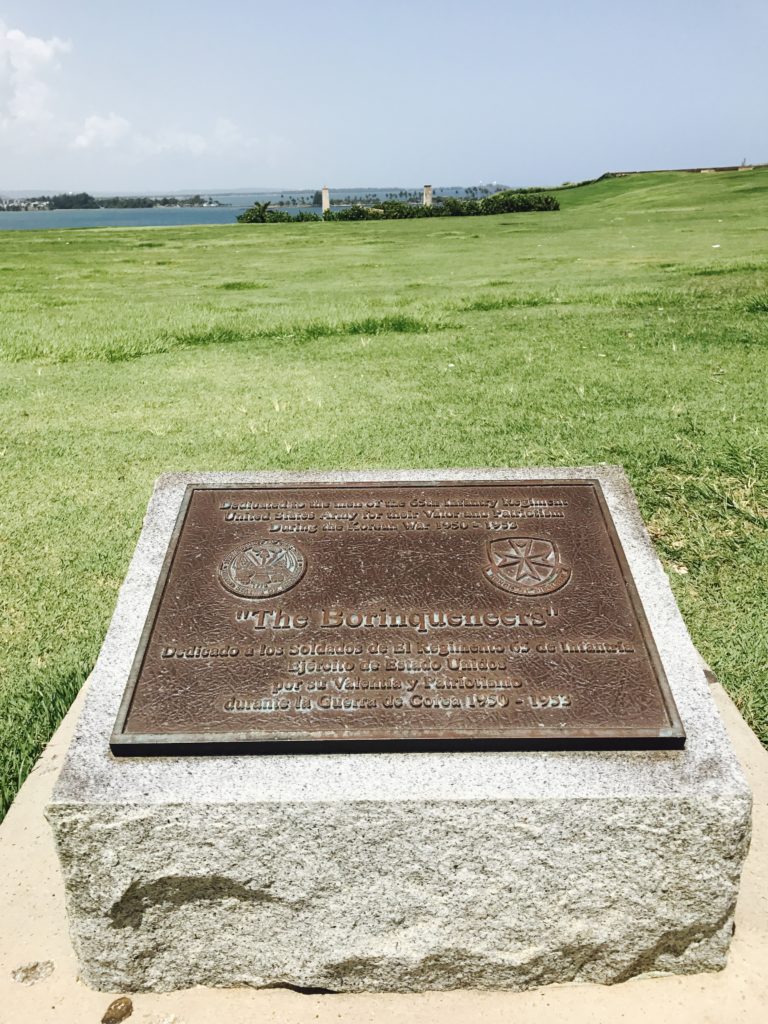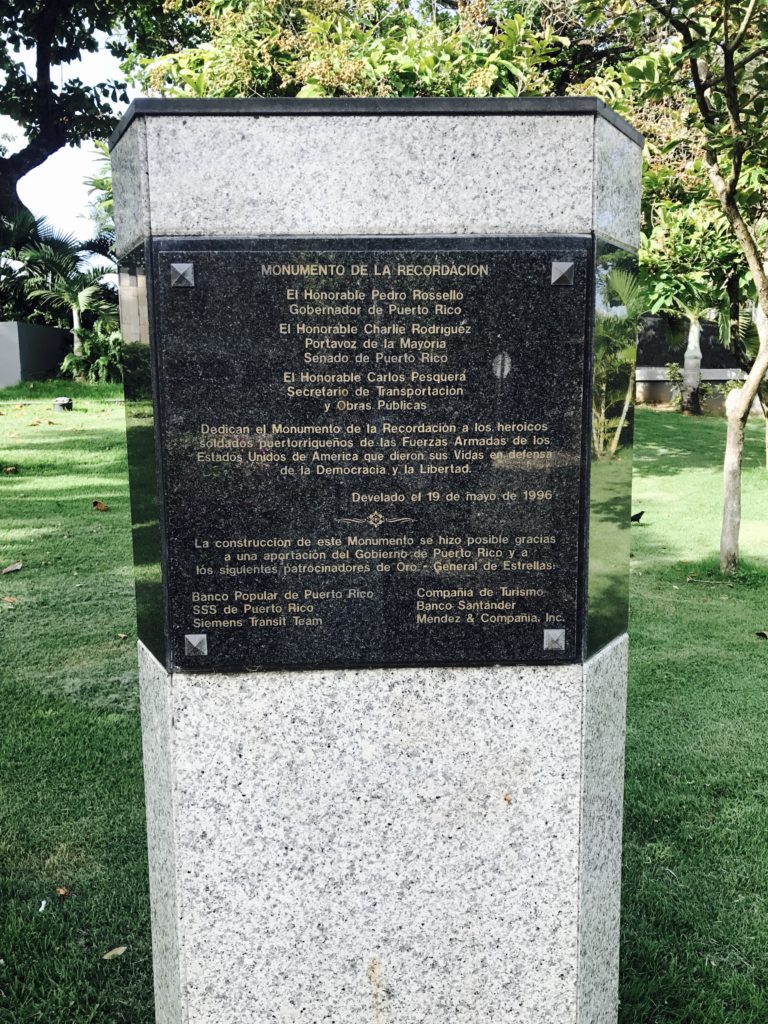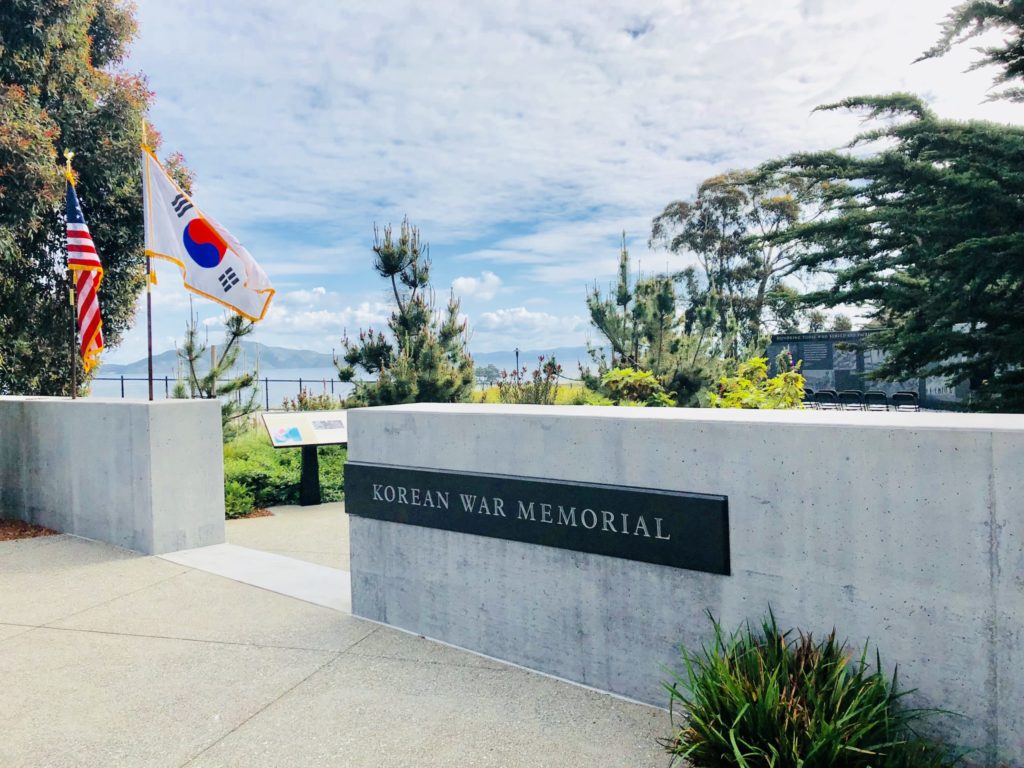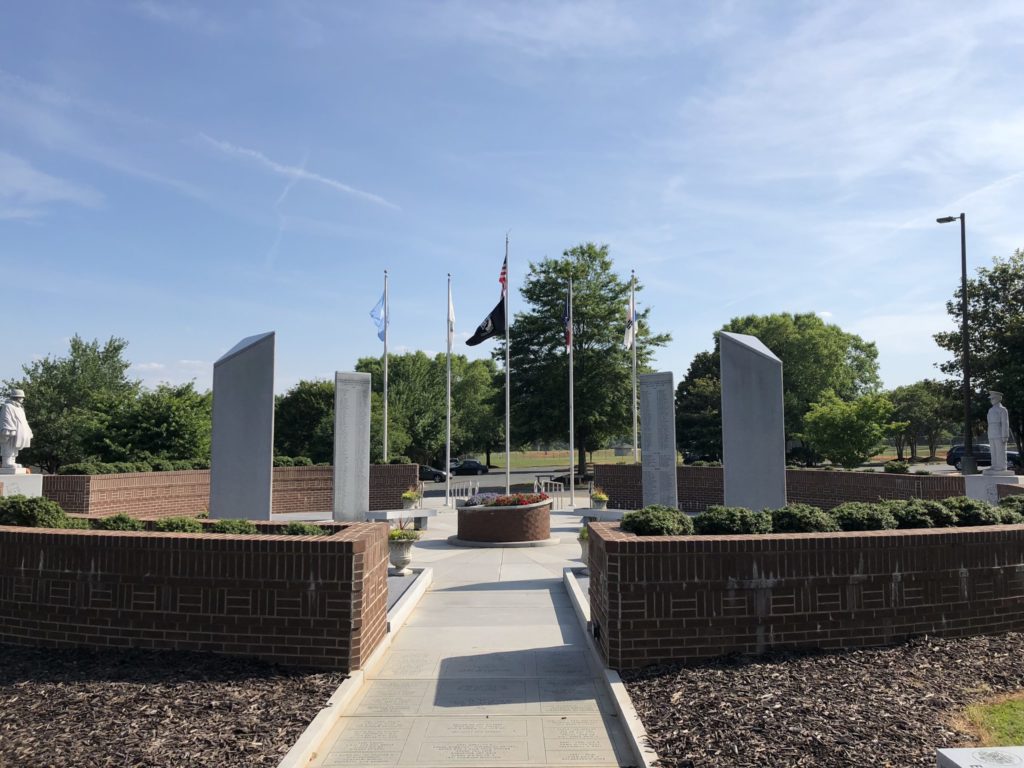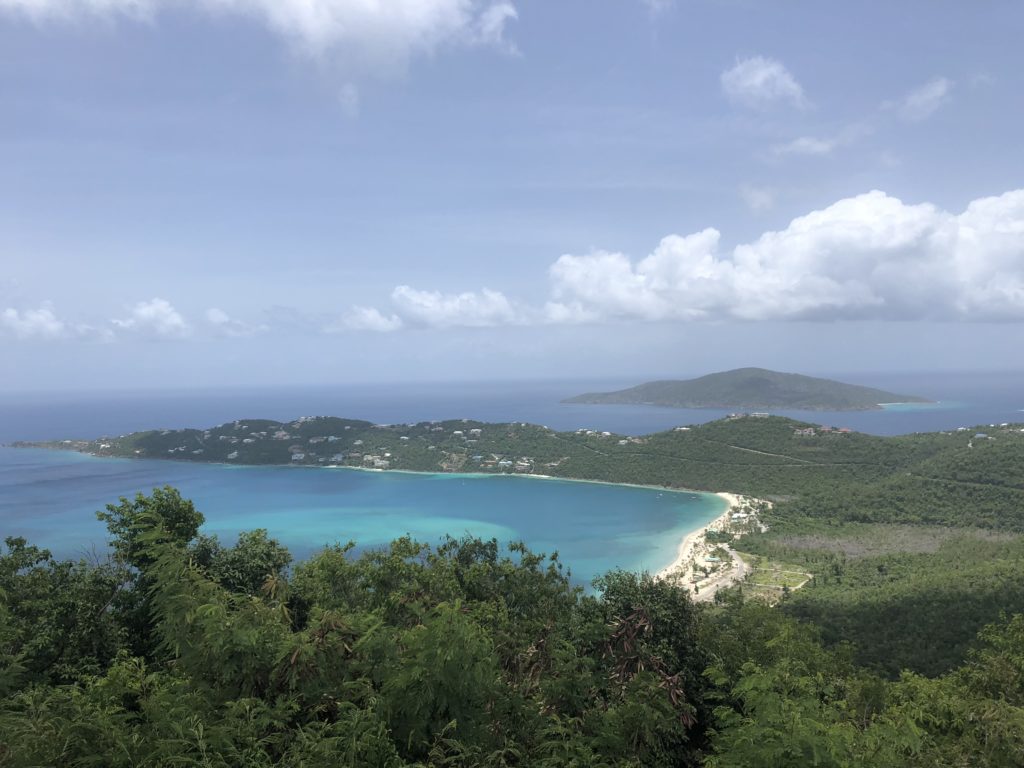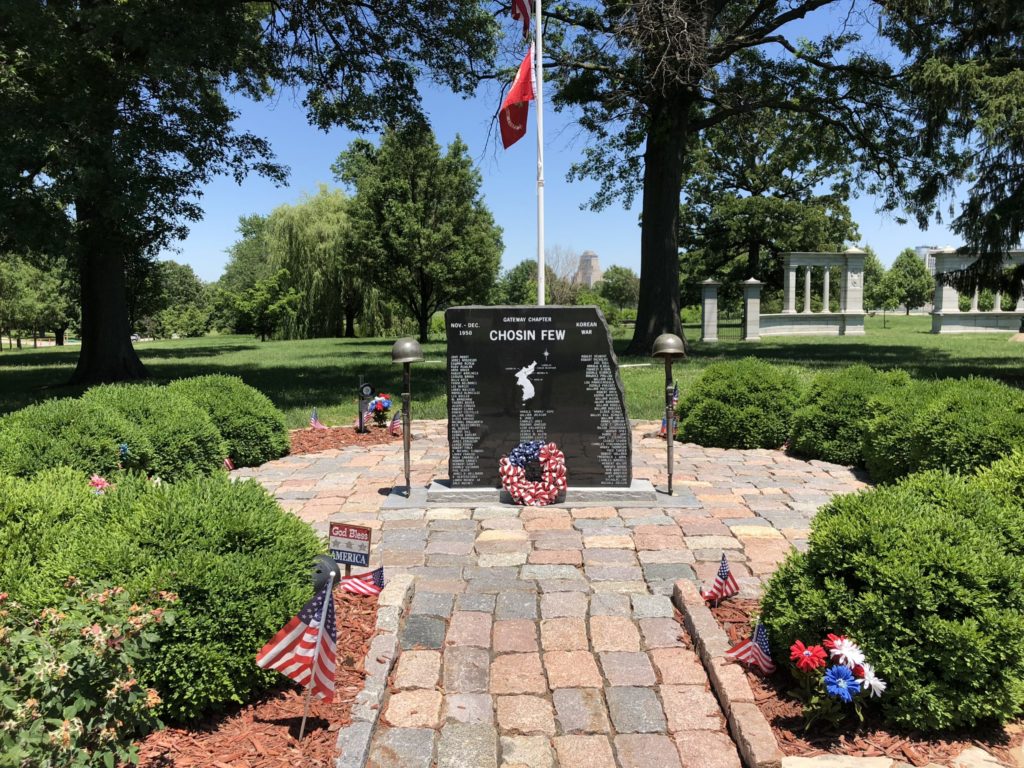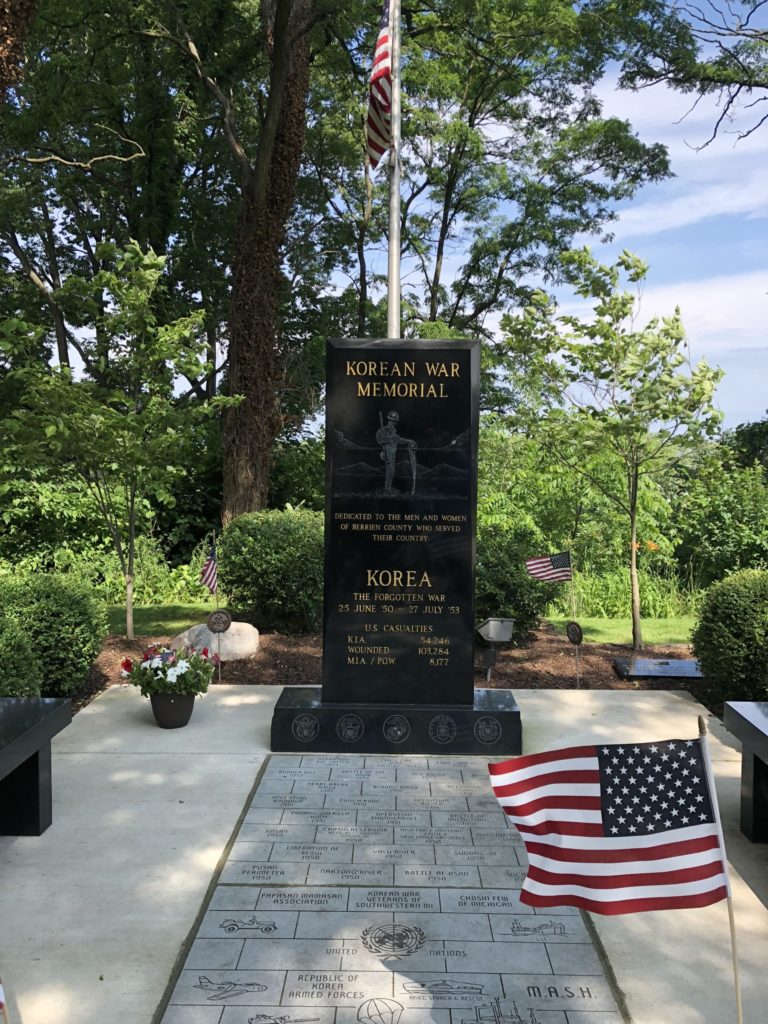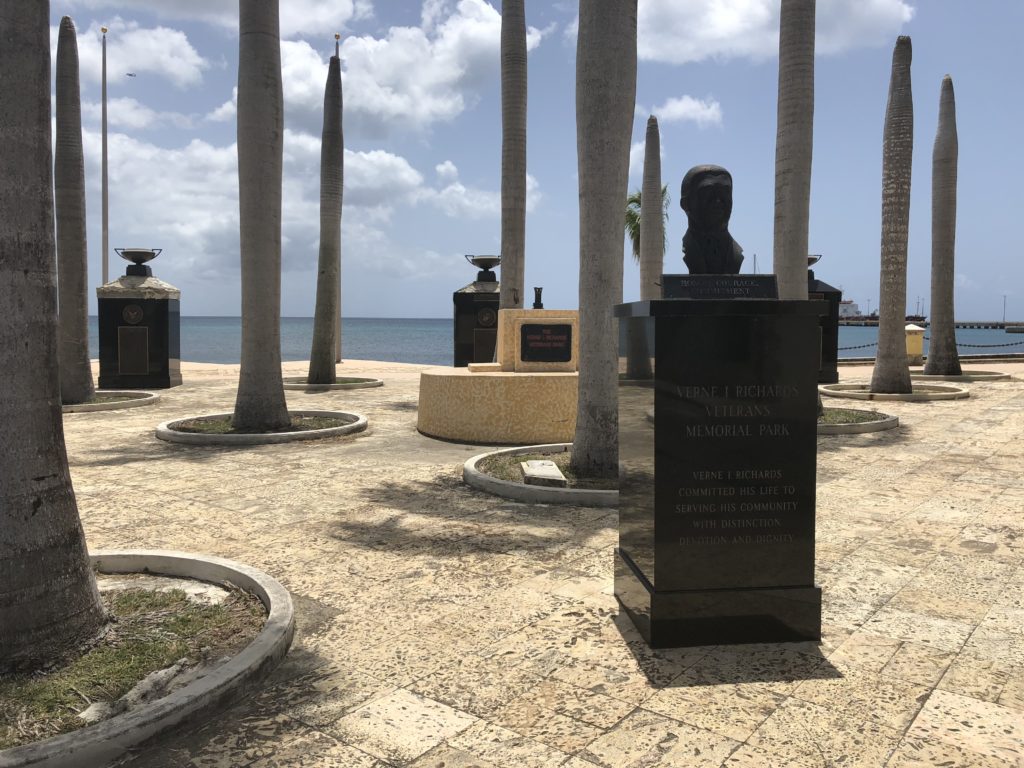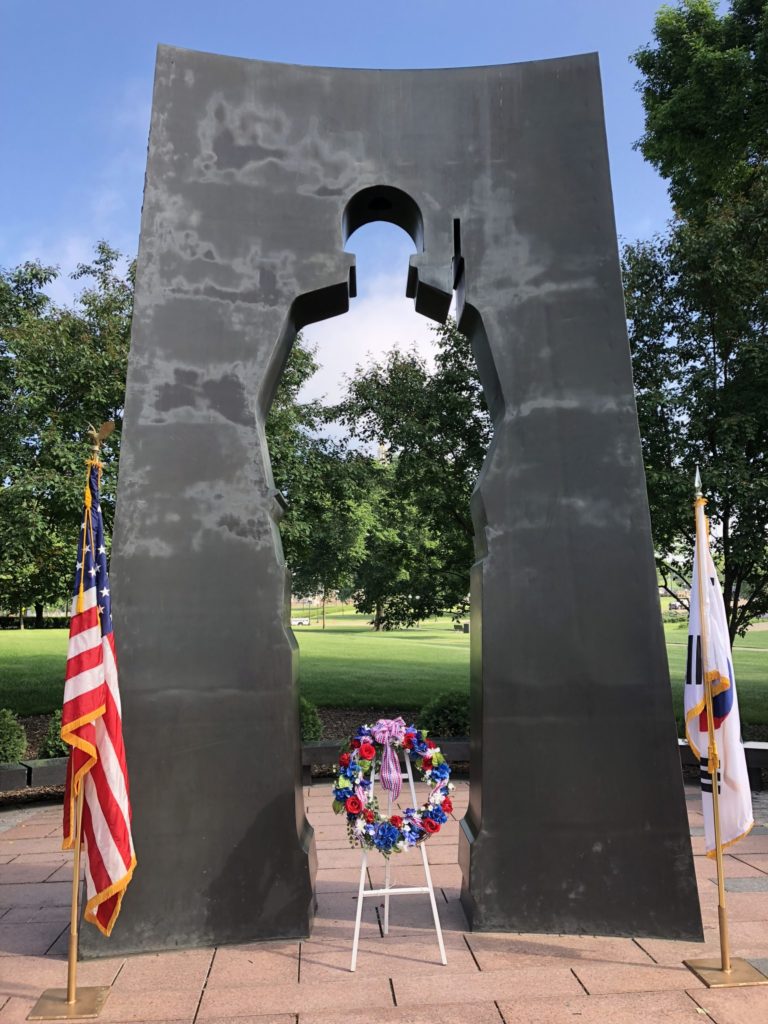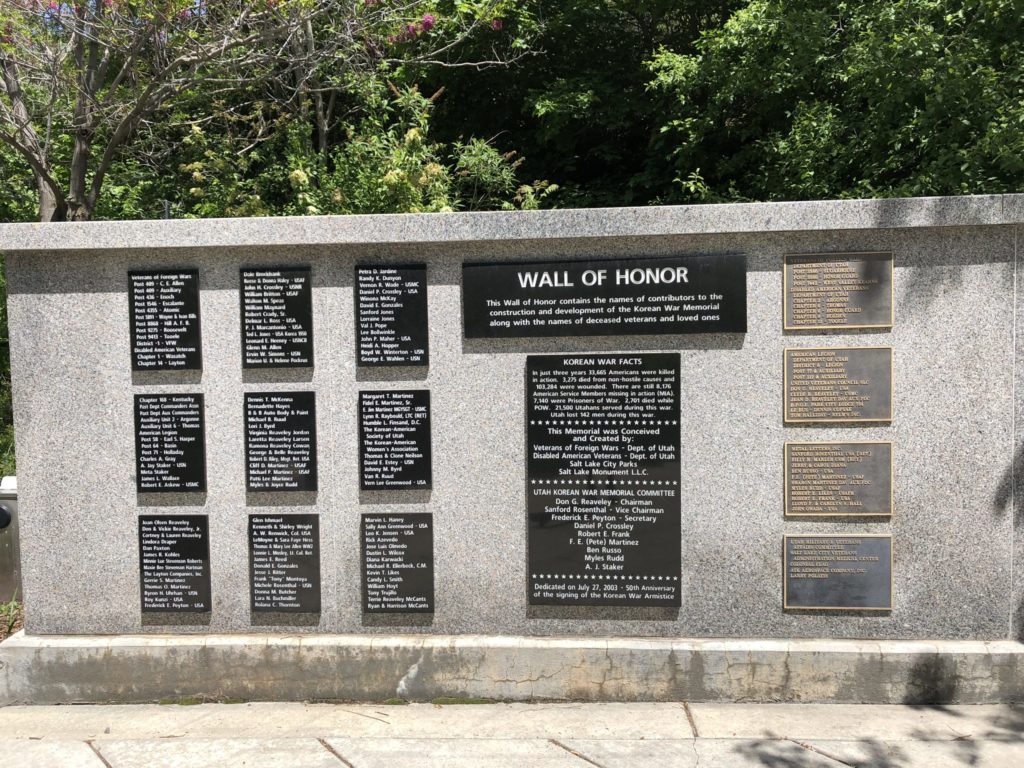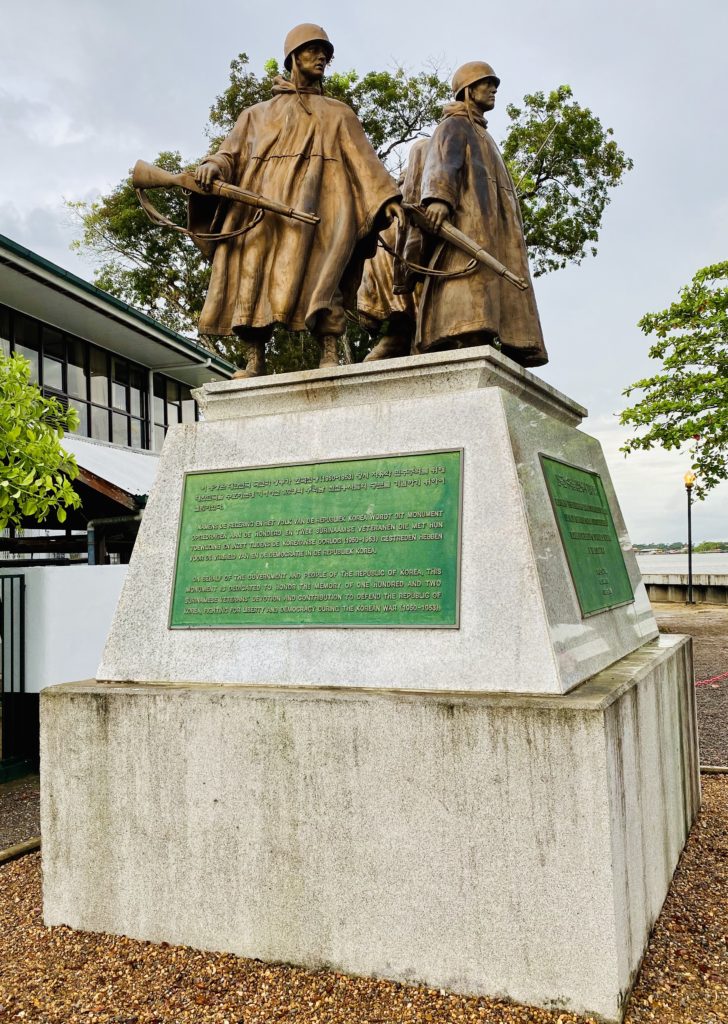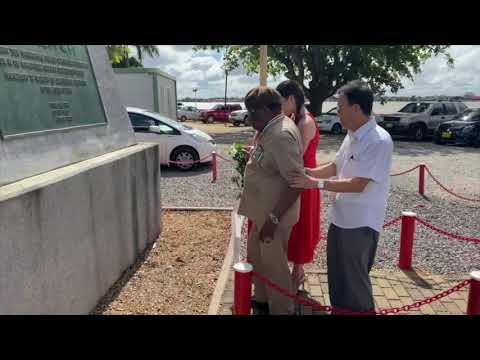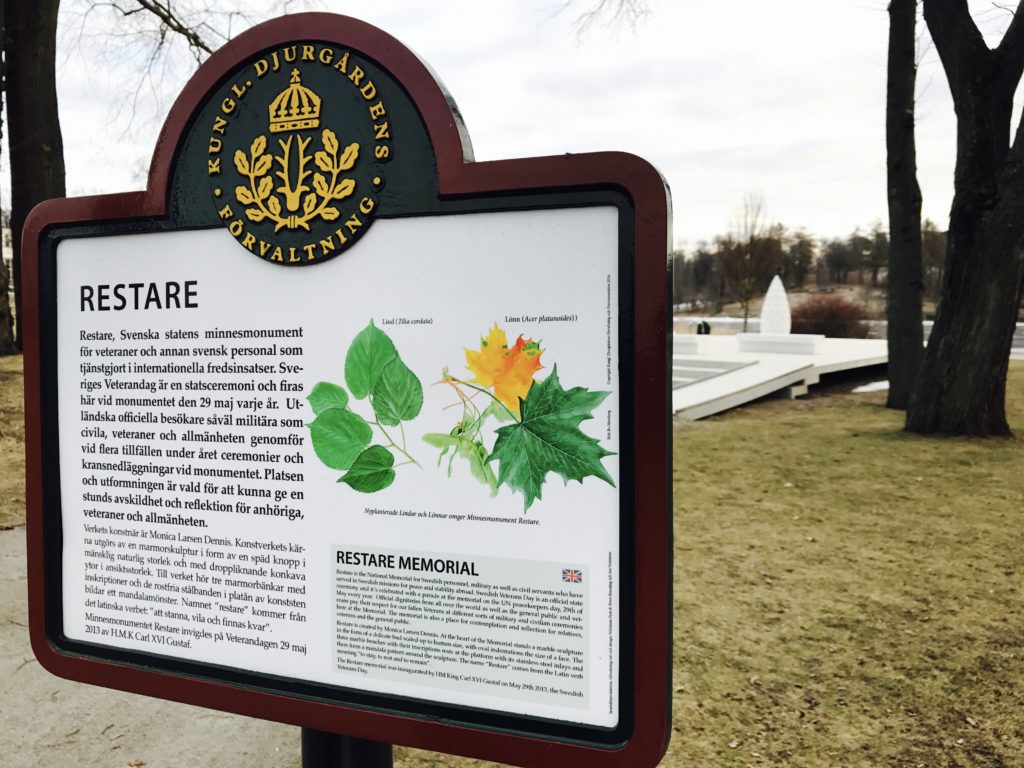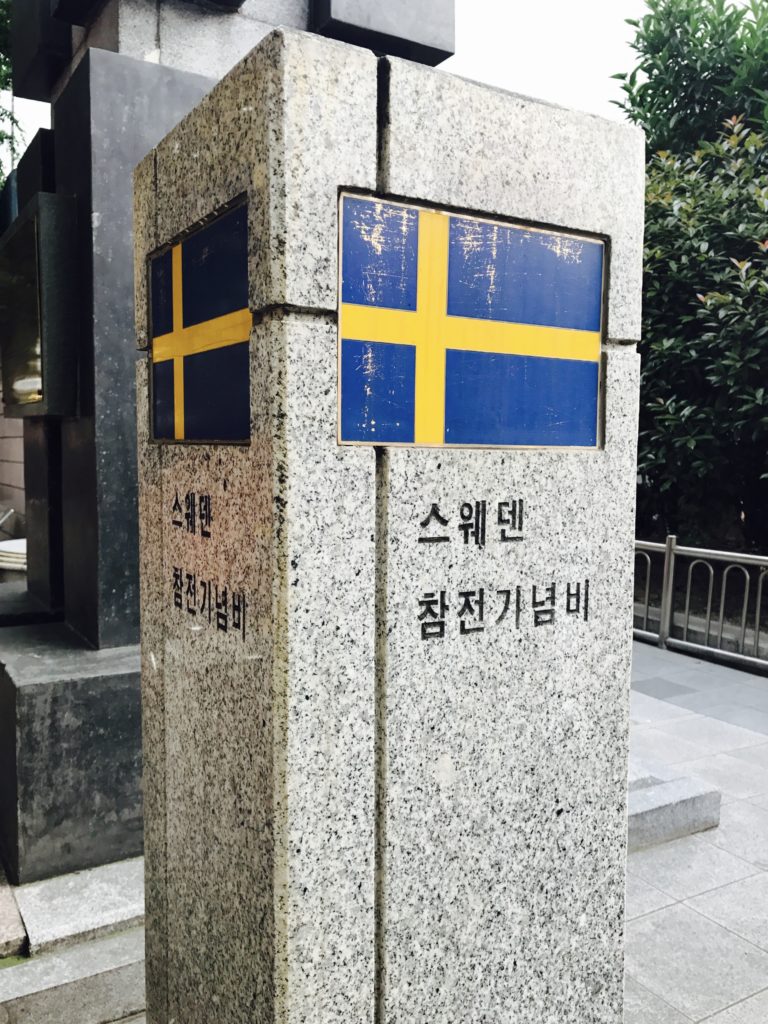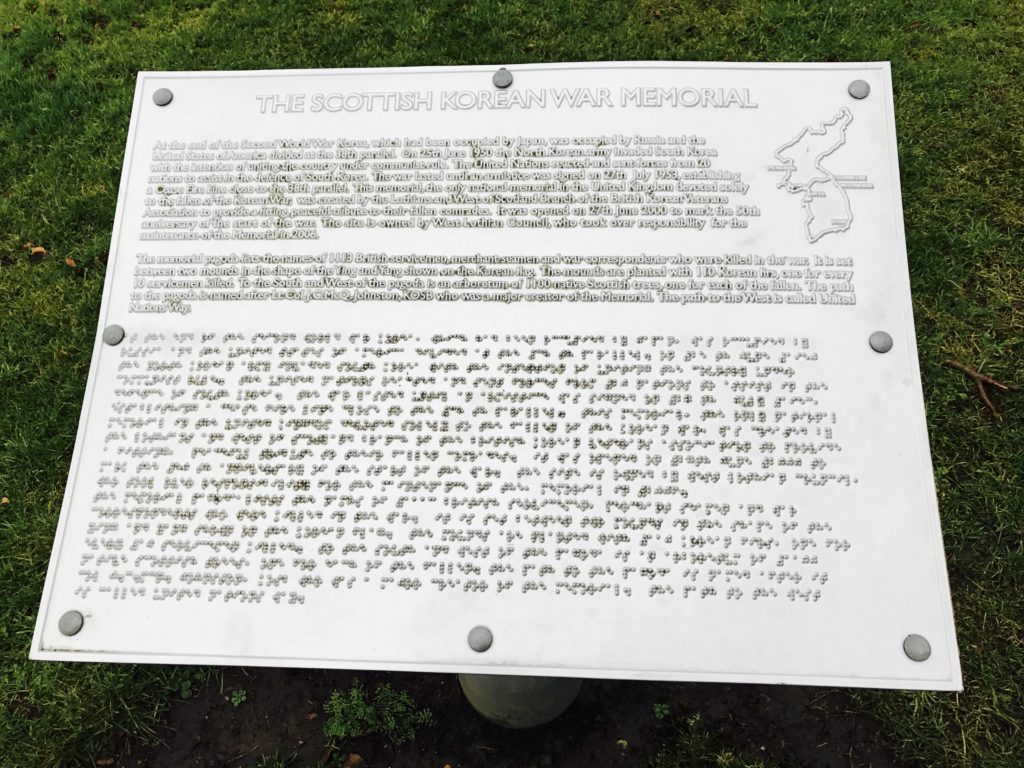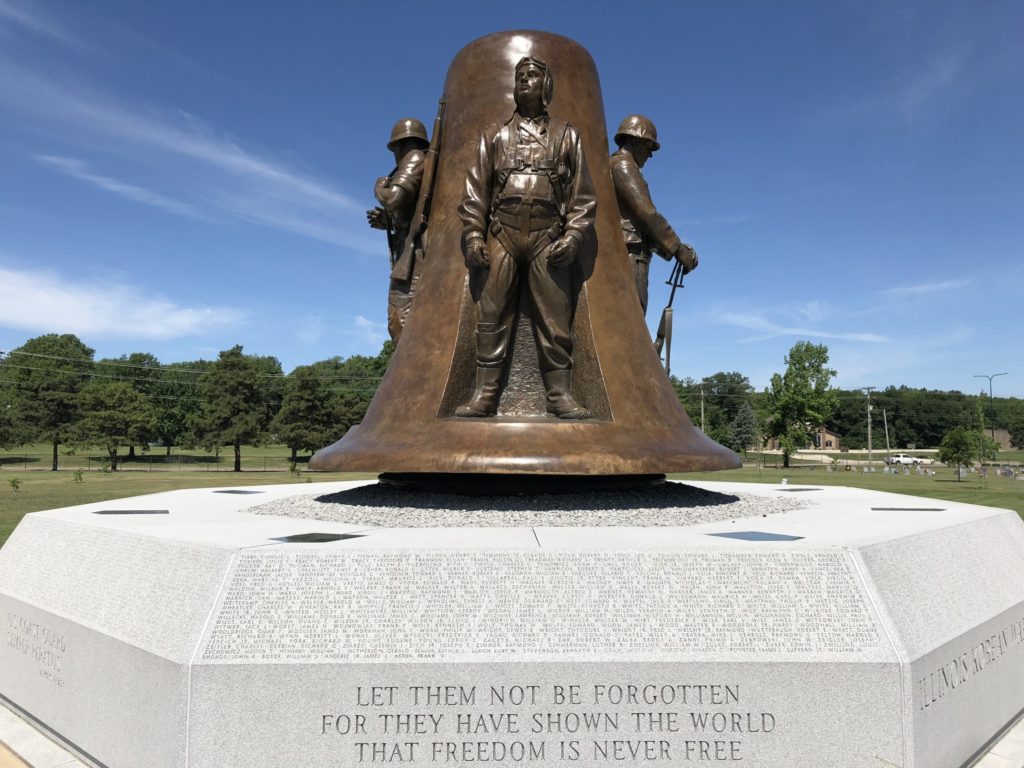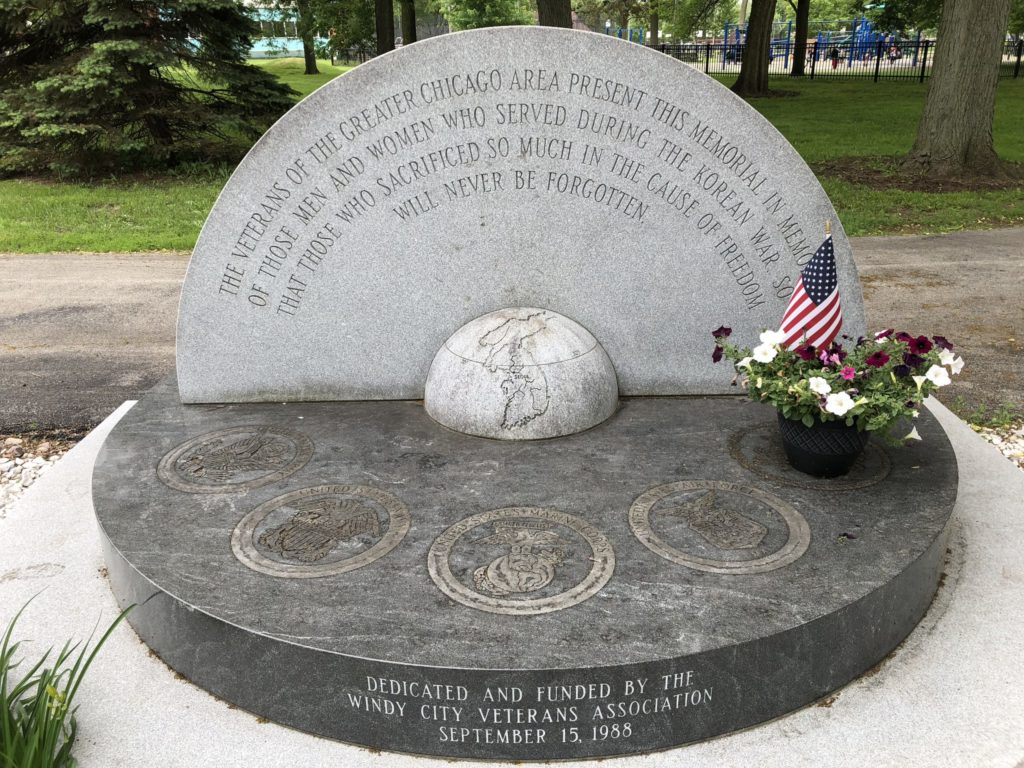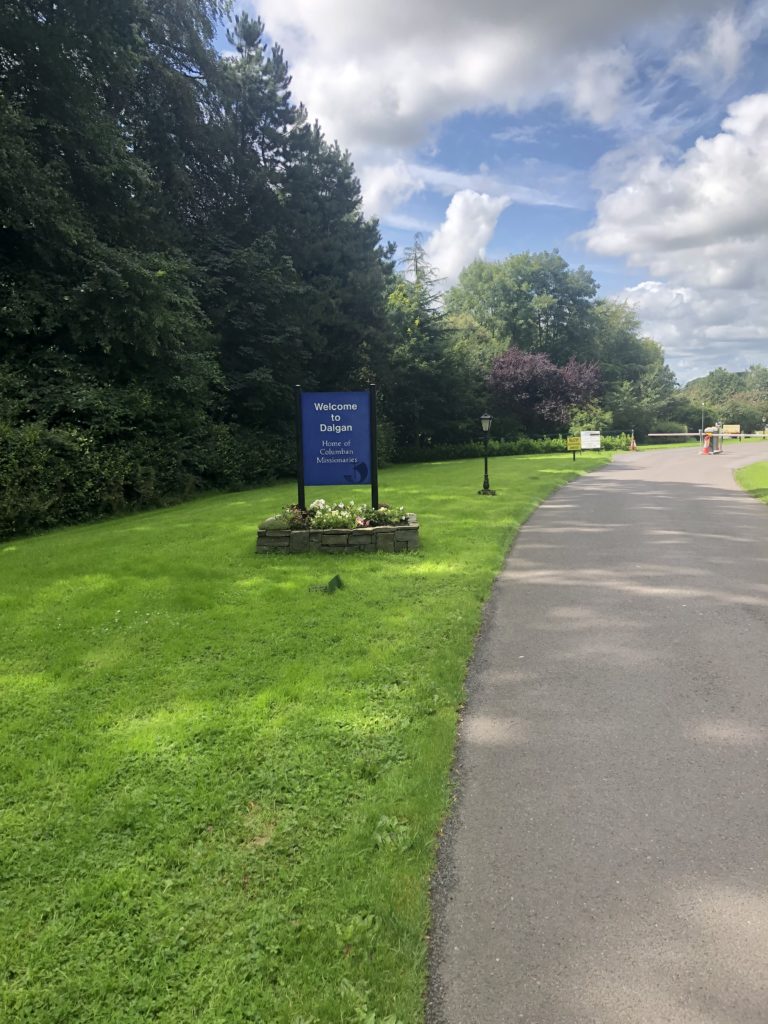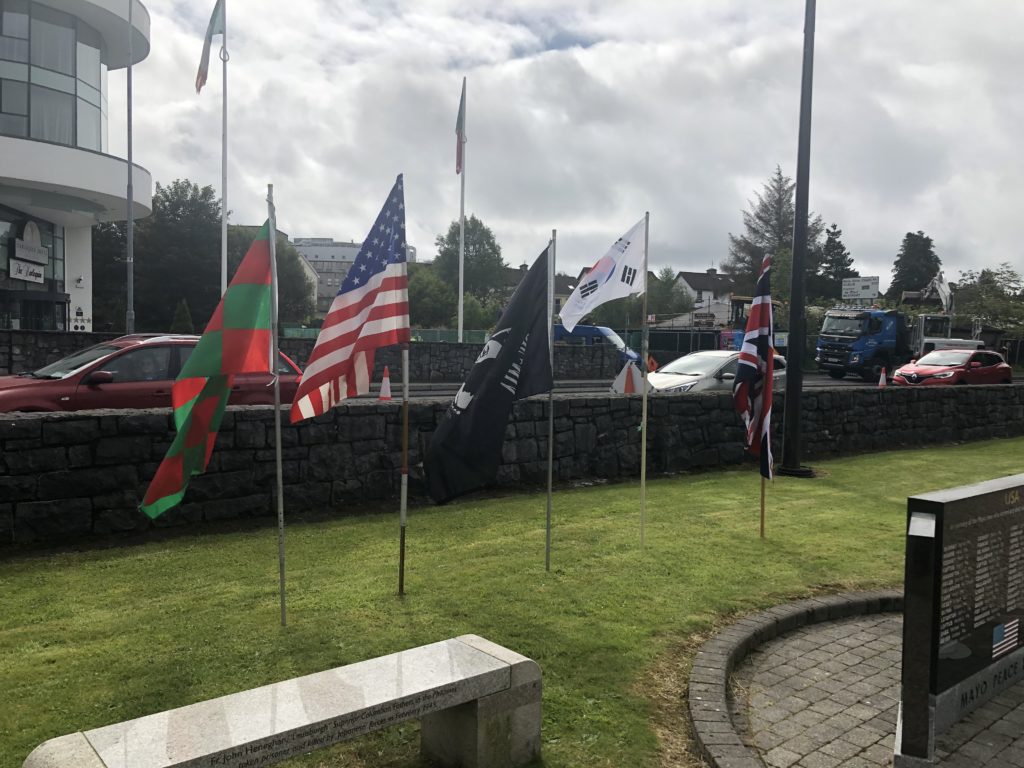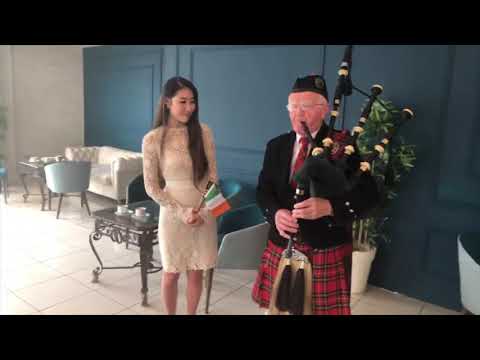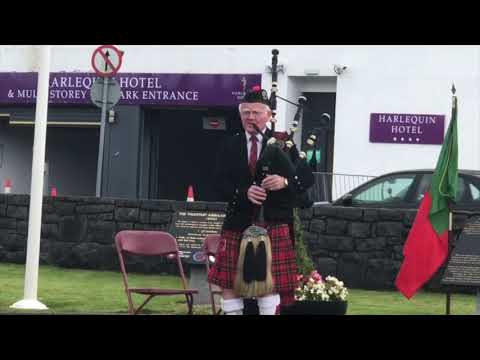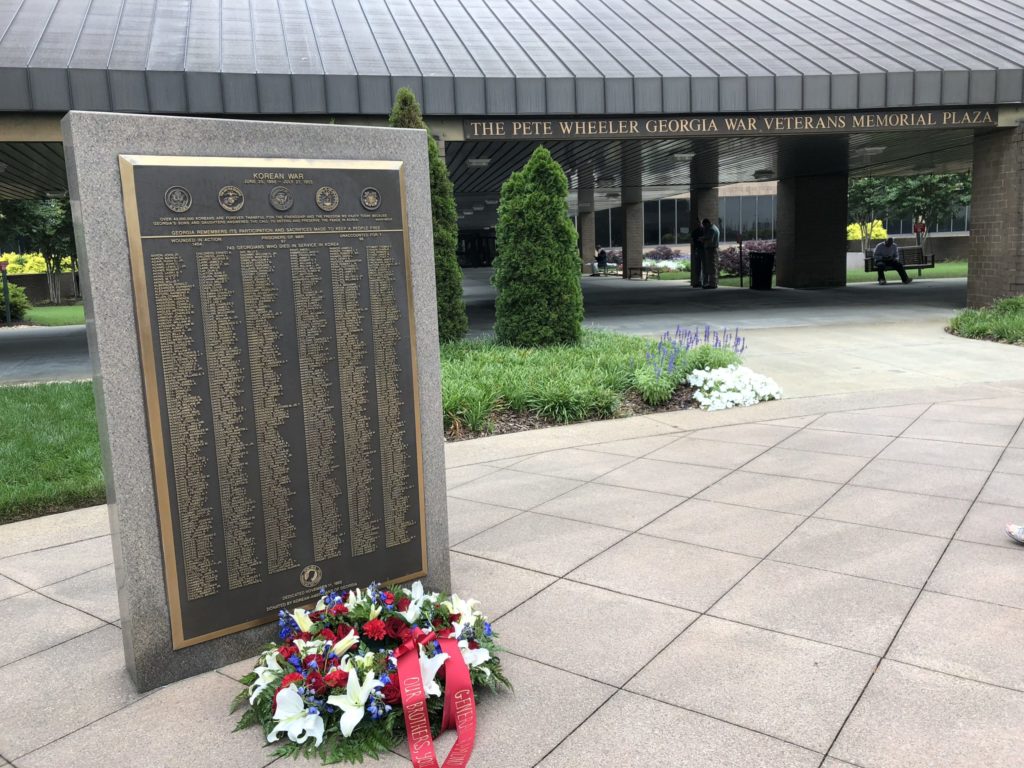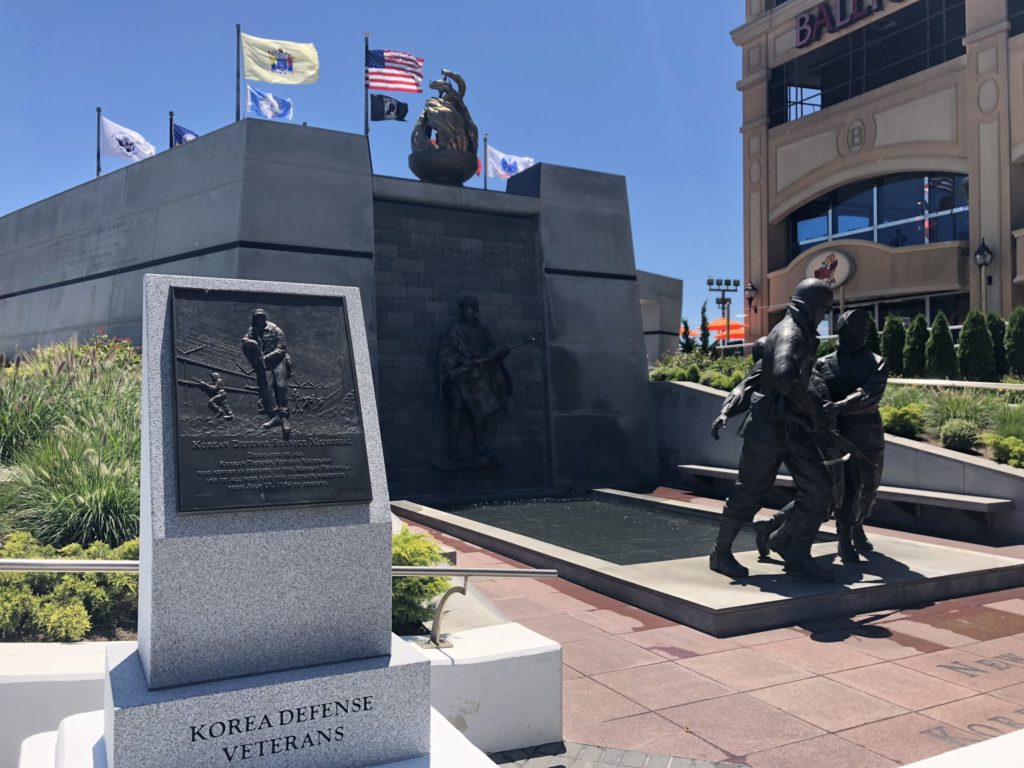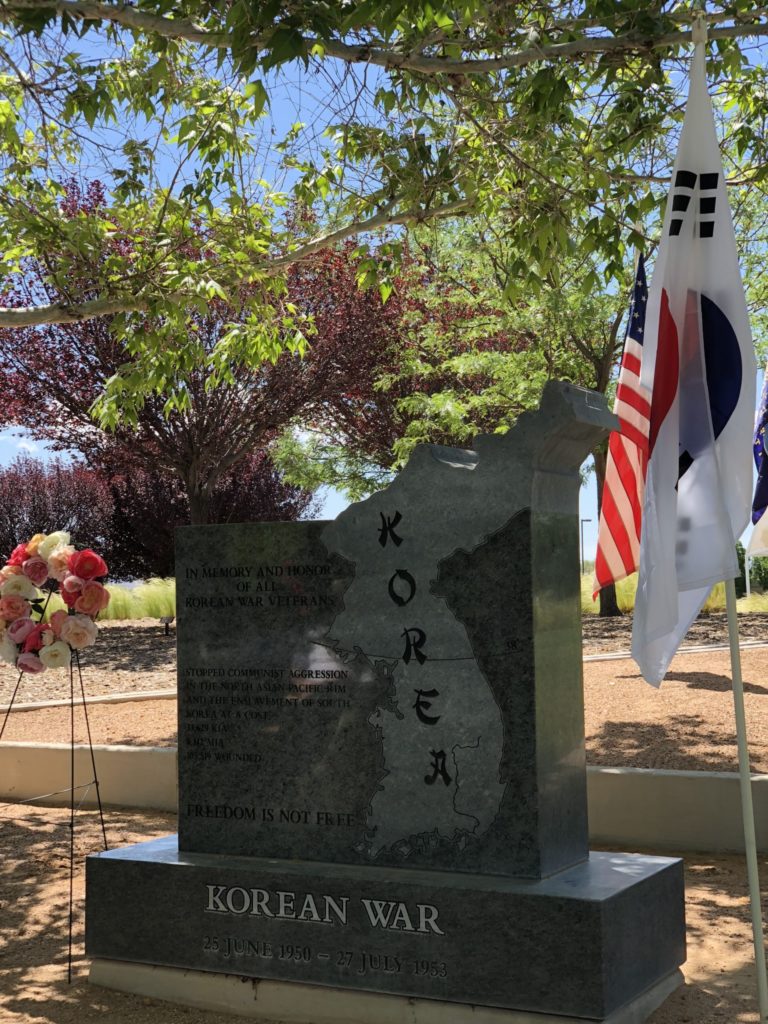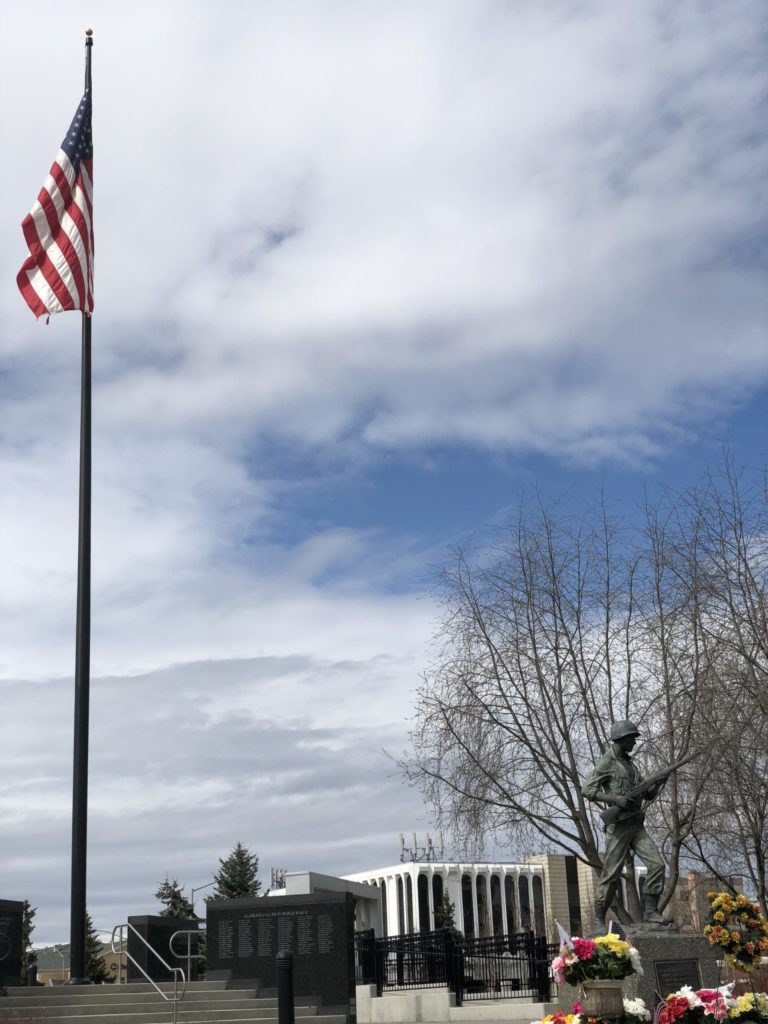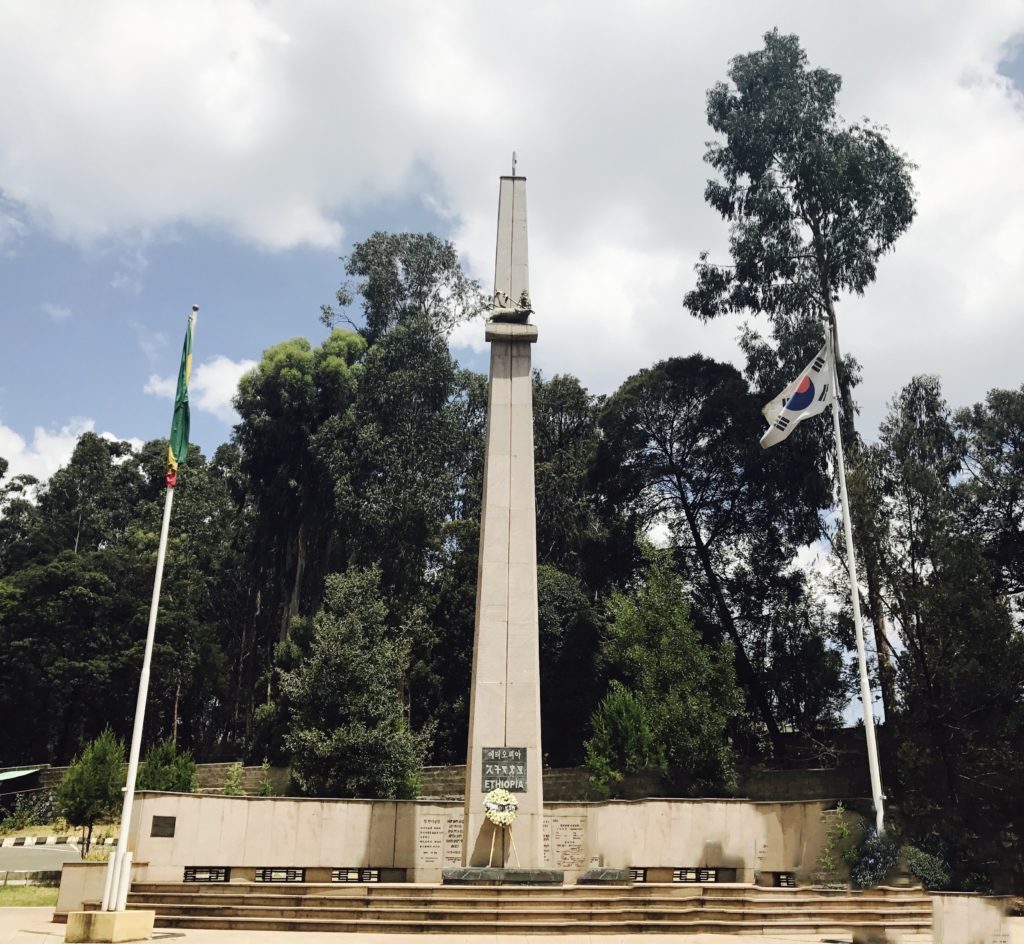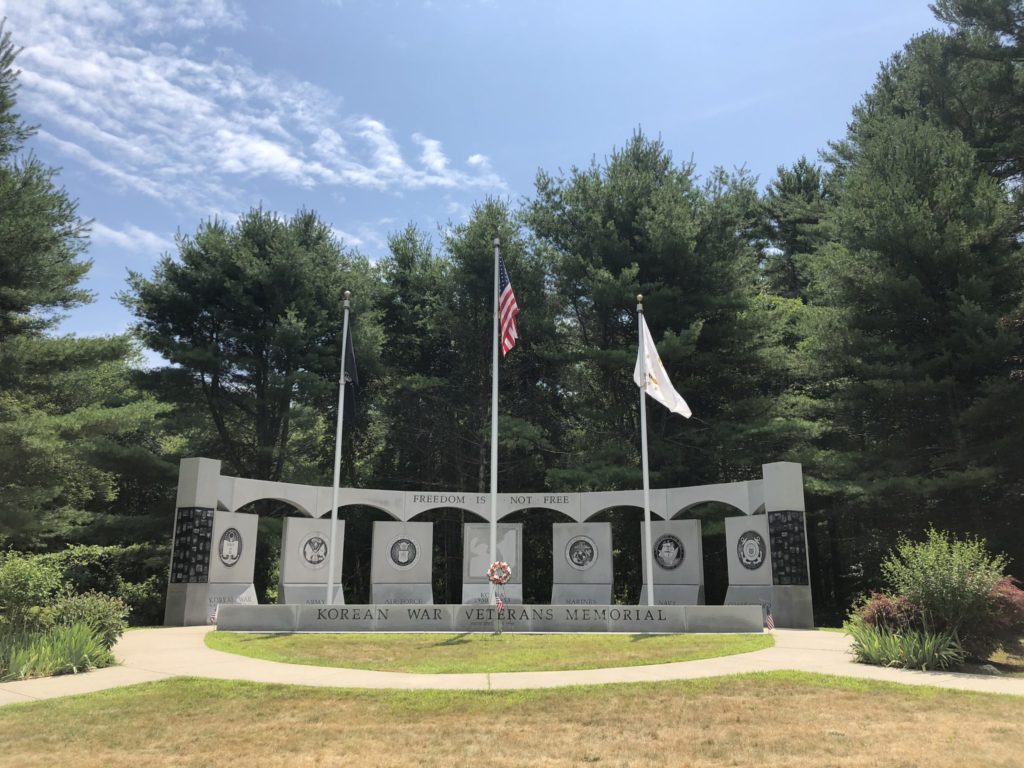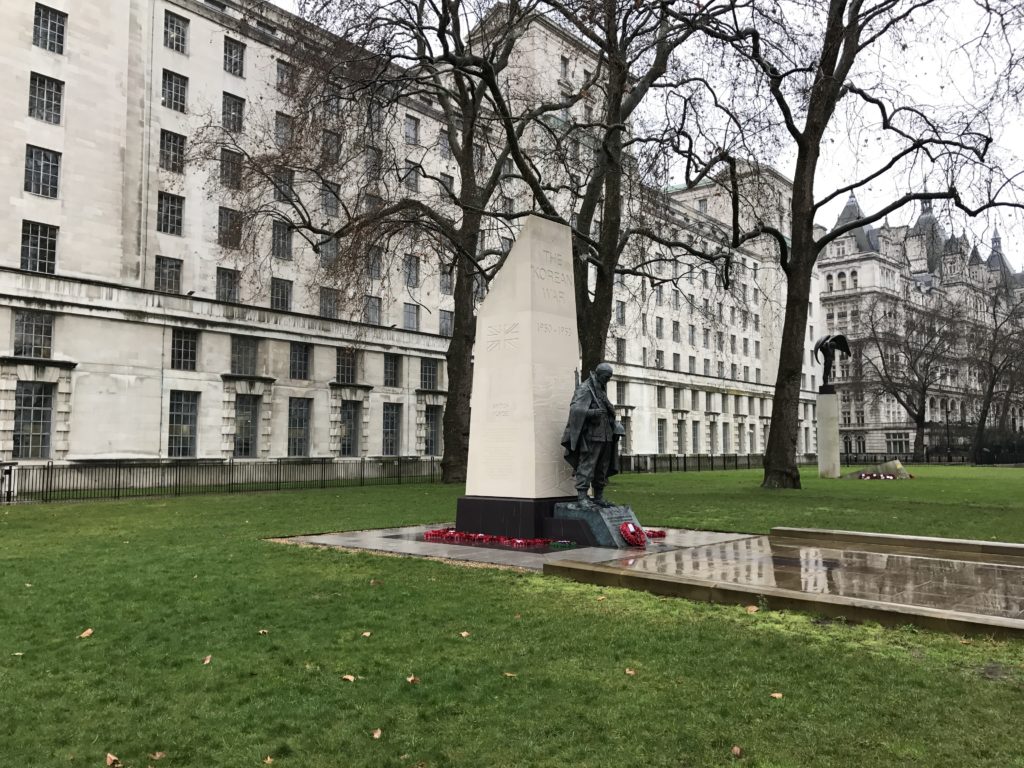다양한 국가와 도시를 클릭하여 세계 곳곳에 있는 한국 전쟁 기념비를 탐험해보세요.
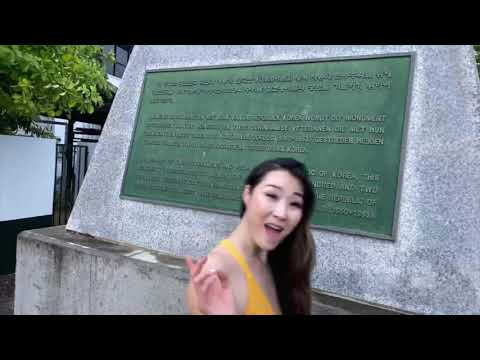
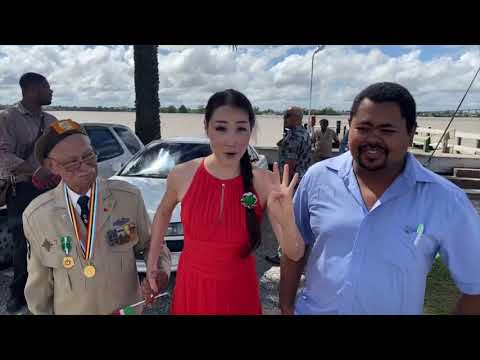
>> Hello, everybody, from Paramaribo, I am extremely excited to be here again at the Korean War Memorial dedicated to the 102 Surinamese young men who went to Korea and fought for me, and there are only three remaining Surinamese Korean War veterans, and I got to meet two, so I am happy like a girl. So these are my two grandpas, Surinamese grandpas. In fact, Suriname is the only Caribbean country that fought in the Korean War, and he, despite how he looks, is 93 years young. Right?
>> Yeah, yeah, yeah.
>> Grandpa, what is your full name and so everybody knows.
>> I’m named Edward Derdrick.
>> And when did you fight in Korea?
>> That’s … When was that?
>> 1955, no?
>> ’40?
>> ’52 or ’53.
>> ’52, ’53 and …
>> No, ’52, ’53.
[ Chatter ]
>> Until the last day of the cease-fire.
>> Oh, until July 27th.
>> Yeah.
>> Okay, yes.
>> Yes, July 27th.
>> Yes, and, Grandpa, what is your full name? Tell them.
>> Wilfred Herman von Hom.
>> Von Hom, and he is 87 years young, so he, compared to him, is a young chicken, right? Well, guess what?
>> I was one of the youngest that left Suriname when I volunteered to fight in Korea.
>> Why did you volunteer?
>> Yeah.
>> Why did volunteer?
>> Because when I hear of the problems in Korea, and my father was a German, during the war, because we are Netherlanders here and Dutches, we got problems. We got problems, and with all the problems, when I hear about the problem in Korea, I go fight.
>> Oh.
>> Very good, tenacious.
>> Wow.
>> Yeah.
>> Oh, I, of course, showed them and expressed my love and gratitude [FOREIGN LANGUAGE] which is, I think, a thank-you in, muah, their local English, thanks to Diego right there.
>> [FOREIGN LANGUAGE]
>> You have to show the patch.
>> This one?
>> Yes, so, everybody, you know how I go crazy about the Indianheads, the 2nd Infantry Division? Yes, so …
>> 2nd Division, oh, we’re the 8th Division of the eighth army in Korea.
>> Yes, so, they fought alongside the American 2nd ID. They’re called the Indianheads.
>> Yeah.
>> And this is their patch, their symbol, and so when I went to Netherlands, I saw that as well.
>> Who is that? That’s on the video.
>> See, this is his wife, and she’s wearing Surinamese colors. Surinamese colors are red, green, yellow and white, and red stands for love.
>> Yes, yes, yes.
>> So I wore red specifically for them. Grandpas, come with me to the memorial, and, Tanya, say hello. My local friend, say hello.
>> Hello, everybody, this is Tanya.
>> And, Raphael, come on. Don’t go away. Say hello. Raphael, say hello.
>> Hello, everyone.
>> Hello. I met Raphael and Georgiano yesterday through Chuuri, and I’m going to pull him over, but because he, we found out yesterday, is the grandson of a veteran. He didn’t know his father’s name was on the panel, so we’re going to show them the panel, okay? Georgiano, do you want to join us for a sec?
>> Grandson, granddaughter …
>> Yes.
>> Can you tell us about, anything about your grandfather’s service?
>> Okay. Then I have to begin at the beginning. My grandfather, he also fought in the Second World War.
>> Oh, Russia.
>> And I think because he was still in the army, the officer sent him to the Korean War out of Japan. What can I tell about my grandfather?
>> Did he say anything about the Korean War, tell any stories?
>> No, I was too young.
>> Okay.
>> But don’t keep telling me that then because I have a book, and it’s actually a funny story because the war, in 1954, they have … They published a book with all the fun stories about the veterans, and it’s a book by him.
>> Okay.
[ Chatter ]
>> There is a book with some of the veteran’s stories. I forgot to bring it in today.
>> It’s okay. I’m going to ask you for a favor, and that is to ask your father about any stories that he might have heard from your grandfather, pictures, and send it to me on PDF for me, okay?
>> Okay, I will do that.
>> Okay, I need to tell you something awesome about Georgiano. Georgiano is what we would look like if we all … He has white blood, yellow blood, brown blood and black blood, right?
>> Yes.
>> It’s amazing, right? What is it, Chinese?
>> Chinese, Javanese, Indonesian.
>> Javanese.
>> I have African.
>> African.
>> And I have Dutch.
>> And Dutch. Isn’t that wonderful? So he represents unity of all races, so I will now take you to the Korean War Veteran Memorial with Grandpa here. Grandpa Hom, so this memorial was built in 2008, right, that memorial?
>> Yeah.
>> Were you here for the ceremony?
>> Yes.
>> Yes, okay, let’s go, and I think I saw a picture of you in Korea?
>> Yeah.
>> You visited Korea?
>> After the war, I visit Korea two times.
>> Oh, you visited two times.
>> Yeah, visited two times.
>> You went in 2000, huh, 2010, 2010?
>> 2010, I was in Korea and before, in ’82.
>> Mm, what did you think when you went to Korea?
>> When I went in …
>> Over there. What did you think?
>> About Korea?
>> Yes.
>> Oh, it’s a nation that built its country. The time that I … The first time that I visit Korea, I … Yes, the Yellow River was only one bridge.
>> Oh.
>> In ’82, there was 60 bridge across the Yellow River to Seoul, from [FOREIGN LANGUAGE] …
>> Yes.
>> … to Seoul.
>> Wow.
>> Sixty bridge and a double bridge, there was one of a double bridge to get across, that go this way. They pass under, under the second stair, and otherwise, that go this way, they pass on the upstairs.
>> Everybody, all the veterans, are so amazed that Korea was able to become such a international giant and make progress. So that was thanks to your sacrifice and the sacrifice of your brothers in arm, so I will finally show you.
>> Here?
>> The names of all the veterans, and you’re … Where’s your name?
>> My name is there, or …
>> Right here.
>> Let me see. I will have … They have one …
>> Right here, so this is Grandpa … How do you pronounce your … Gohm?
>> It’s von Hom.
>> Von Hom.
>> Yeah, yeah, yeah, yeah, von Hom.
>> Von Hom, thank you so much, everybody. I am going to interview them at length, and we’re going to go for lunch, so I have been happy and excited like a girl, and that’s what they make me feel like. The Grandpas make me feel like a little girl because the last time I saw my own grandfather was when I was 6 years old, and so I miss him every day, and so when I see you, I think of my grandfather. I become 6, and that’s what makes me so happy, and so, everybody, I shall see you guys tomorrow, bye.
